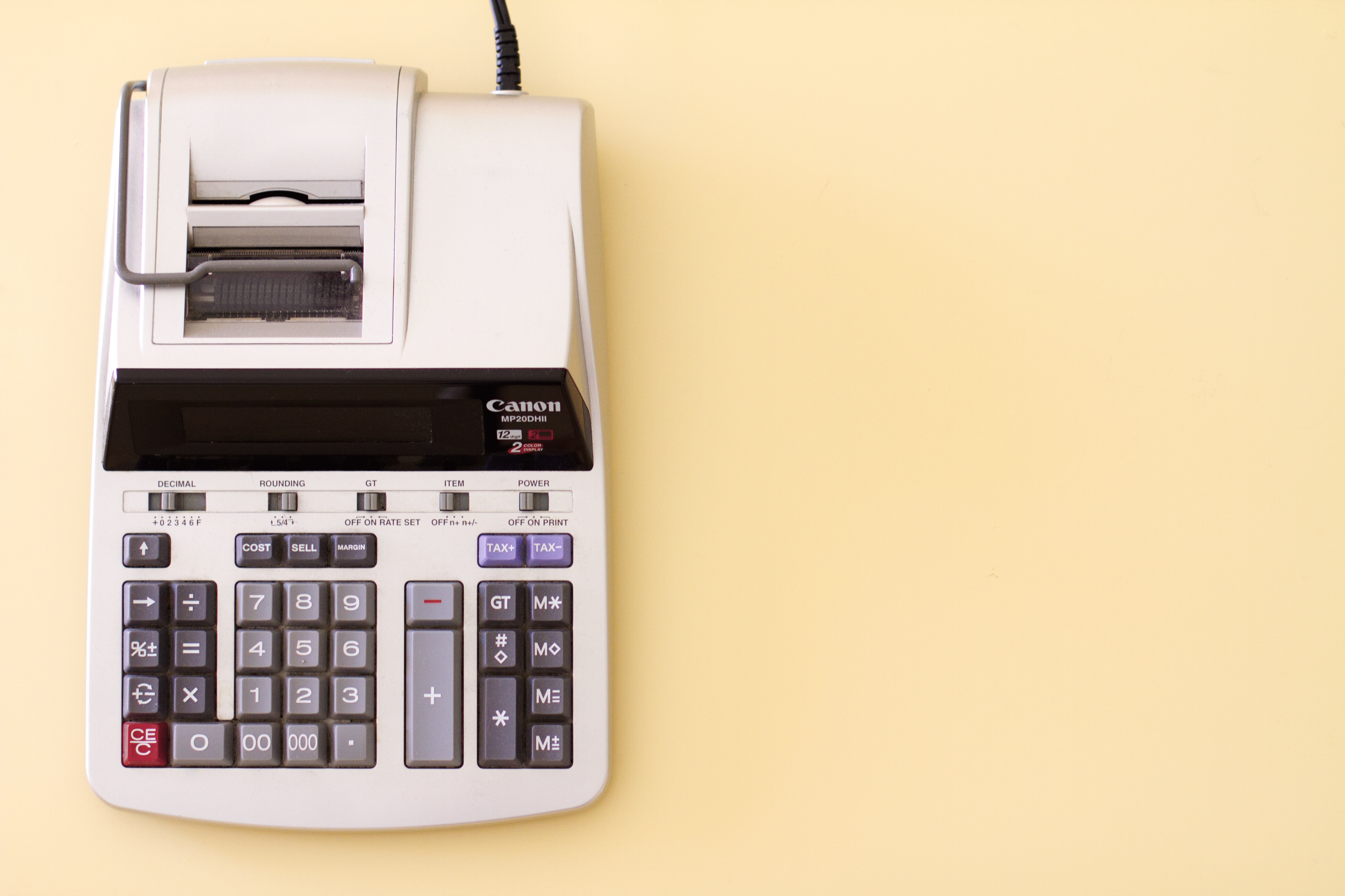It has been three years since the Supreme Court's decision in South Dakota v. Wayfair, Inc. The ruling in the Wayfair case changed the standard for when states need to collect sales tax from entities doing business in the state. Before the decision, states taxed only companies with a physical presence in the state, but they now tax all those with an economic presence. Since then, states have struggled to decide how to determine economic nexus.
The pandemic added new angles to the economic issue. An employee who works from home may do work in a different jurisdiction from the company's headquarters, complicating the question of where money is being earned. Determining economic nexus for purposes of income tax and corporate tax became a matter of urgency as state budgets ran into pandemic shortfalls. The Supreme Court recently refused to weigh in on the matter of income tax on nonresident remote workers, so, for now, at least, multistate employers will have to continue grappling with this issue.
State Rules Vary
The states have taken different approaches to what constitutes economic nexus. Most commonly, states consider the threshold to be (1) annual retail sales of goods or services into the state that surpass a certain dollar threshold (e.g., $100,000) or (2) a specified number of sales transactions (e.g., 200 or more) into the state. However, some states have enacted only a sales dollar threshold standard.
There are also discrepancies between the states about which goods and services are taxed and which are not. State rules may focus on a combination of property, payroll, sales, and resales, or they may focus on sales only.
Some goods and services may be exempt from sales tax due to either the nature of their product or the nature of the purchaser. Qualifying businesses should be sure to get an exemption certificate from the state. The certificate provides proof that certain sales are exempt.
The complexity of the economic nexus rules does not stop there: The tax rate may vary based on the rate in effect at the location where tangible personal property is shipped or delivered, the rate in effect at the location of the seller's warehouse and distribution center, or at some other designated location.
States also are applying economic nexus rules to income and franchise taxes and intellectual property such as licenses and trademarks. For example, a corporation that earns royalties from a licensing agreement in a state in which it has no other presence may find itself responsible for paying unexpected taxes.
As a practical matter, the result is that multistate employers must handle state taxes on a state-by-state basis, which is a logistical challenge that can inadvertently invite a tax audit. That's because a company that is legally obligated to collect tax from its customers but does not do so becomes liable for paying the uncollected taxes.
What Should Companies Do?
There are some steps companies can take to ensure they are not triggering any red flags on their tax returns:
- Make sure their auditors are reviewing their sales taxes, optimally on a quarterly basis. This is as true for Fortune 100 companies as it is for small businesses selling goods on websites such as Etsy and eBay.
- Regularly check for rule changes. For example, the taxation/exemption of software as a service and digital downloads change often and need to be followed closely.
- Monitor whether any of your customers or competitors have been audited.
- Keep the company's exemption certificates accessible and, if applicable, renewed in a timely fashion.
- Set aside a reserve to pay for unexpected taxes as a precaution.
Whether it's products or employees, economic nexus is a complex issue. Work closely with tax and HR professionals to make sure you're in compliance.



